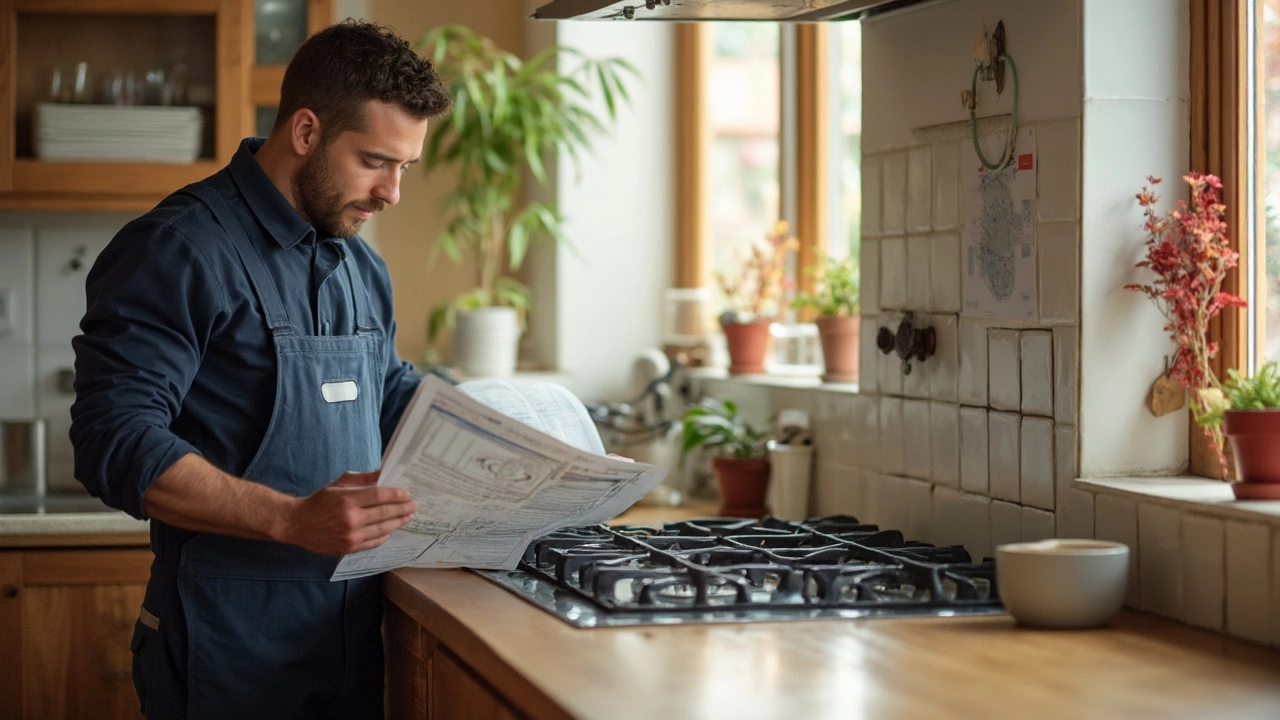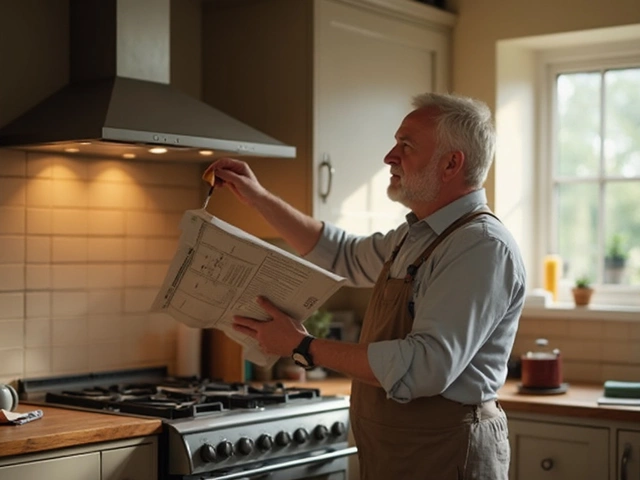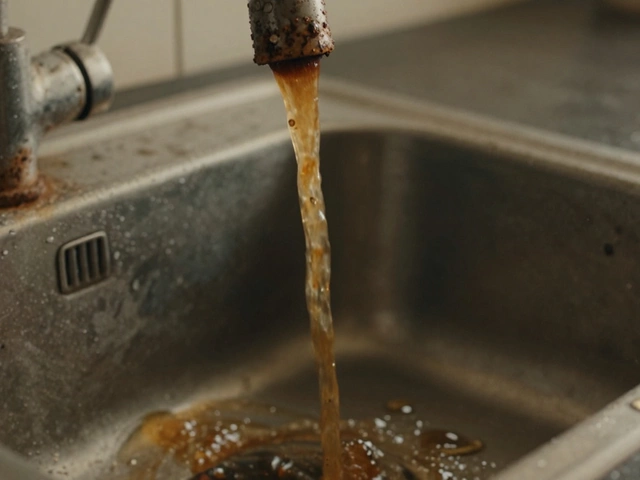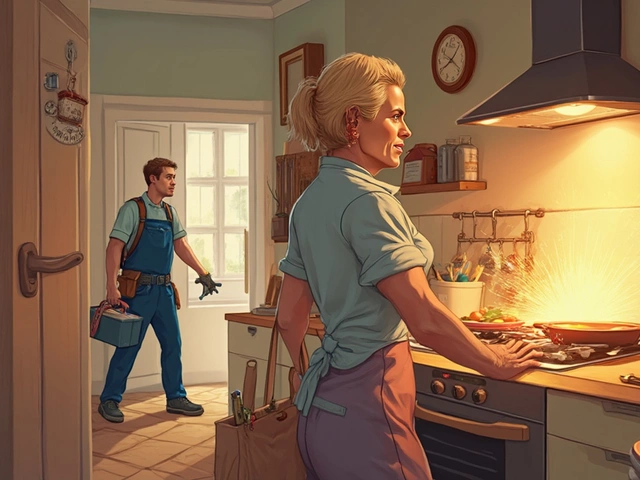If your gas hob’s burners are sputtering, the flame is uneven, or the whole thing won’t light, it’s probably time for a replacement. Most homeowners think they need to buy a brand‑new set of kitchen appliances, but swapping out a faulty hob can be simpler and cheaper than you expect. In this guide we’ll walk you through the basics of gas hob replacement, the signs it’s needed, and why calling a local pro is the smarter move.
Here are the most common reasons a gas hob should be retired:
Trying to fix each symptom yourself can turn into a money‑draining hobby. When two or more of these signs pop up, replacement usually saves time and stress.
Calling a local specialist, like the Bognor Regis Appliance Repair Experts, means you get a qualified tech who knows the local gas safety regulations. The typical process looks like this:
The whole job usually takes under two hours, and we can often schedule same‑day service if you need the kitchen back in action fast.
Why choose a pro instead of DIY? Gas is dangerous. A tiny leak can cause a fire or carbon monoxide build‑up. Certified technicians carry the right tools, leak detectors, and the knowledge to pass your local safety inspection without a hitch.
After the replacement, you’ll notice a few immediate benefits: quicker heat-up, more even cooking, and peace of mind knowing the gas line is sealed correctly. Plus, many new hobs come with safety features like flame‑failure protection that automatically shuts off the gas if the flame goes out.
Ready to ditch that old hob? Give us a call or drop a message. We’ll book a convenient slot, give you a clear price upfront, and have your kitchen cooking again in no time.

Thinking about swapping out your gas hob? Safety rules in the UK are strict, and there’s more to it than just unscrewing pipes. This article looks at whether you really need a gas engineer for the job, what could go wrong if you cut corners, how to pick the right pro, and little-known facts about what happens during an installation. It’s a no-nonsense breakdown for anyone facing a hob swap, putting your safety at the front of the queue.

Extractor fan acting up? If you’re wondering who handles extractor fan replacement, this article breaks it down. Learn the difference between calling a pro and tackling it yourself, get tips on when to fix or swap out a fan, and find out what skills and tools make the job smooth. Real, practical advice from someone who's been around finicky fans and quick fixes. Don’t let poor ventilation keep bothering you—get the facts and decide what works best.

Watch for rusty water, leaks, strange noises, or no hot water-these are clear signs your water heater is failing. Age, higher bills, and bad smells mean it’s time to replace it before it breaks down.

When your dishwasher starts acting up, a quick, accurate diagnosis can save you from bigger headaches and pricey repairs. This article walks through simple methods to spot dishwasher problems, from weird noises to stubborn leaks. You'll learn what to check first, how to tell if it's a DIY fix, and when it's time to call in a pro. Handy tips and real-life examples make this guide easy to follow, even if you're not a born handyman. Don't let a small hiccup become a kitchen disaster — know what to look for and act fast.

An electric hob on the fritz can leave you in a lurch, but knowing how much it costs to fix can help you prepare. We'll break down the average repair costs, consider factors like brand, parts, and labor, and help you decide if a repair or replacement makes more sense. Get the inside scoop on typical issues that might arise and how to avoid them in the future. With this guide, you'll feel more confident when talking to repair technicians and won't be caught off guard by unexpected expenses.

Electric ovens are handy, but they're not immune to problems. This article breaks down the most common faults people face, from ovens not heating properly to strange noises and error codes. You’ll get real tips on troubleshooting and signs when it’s time to call in the pros. Save time (and maybe some frustration) by knowing what to look out for. Find out why your oven might let you down and how to deal with it.